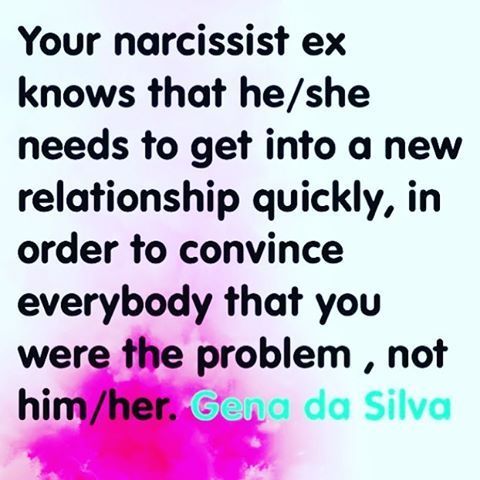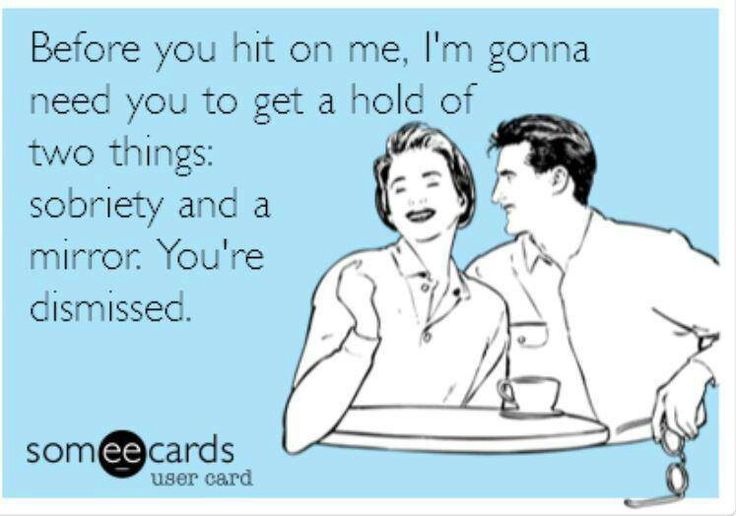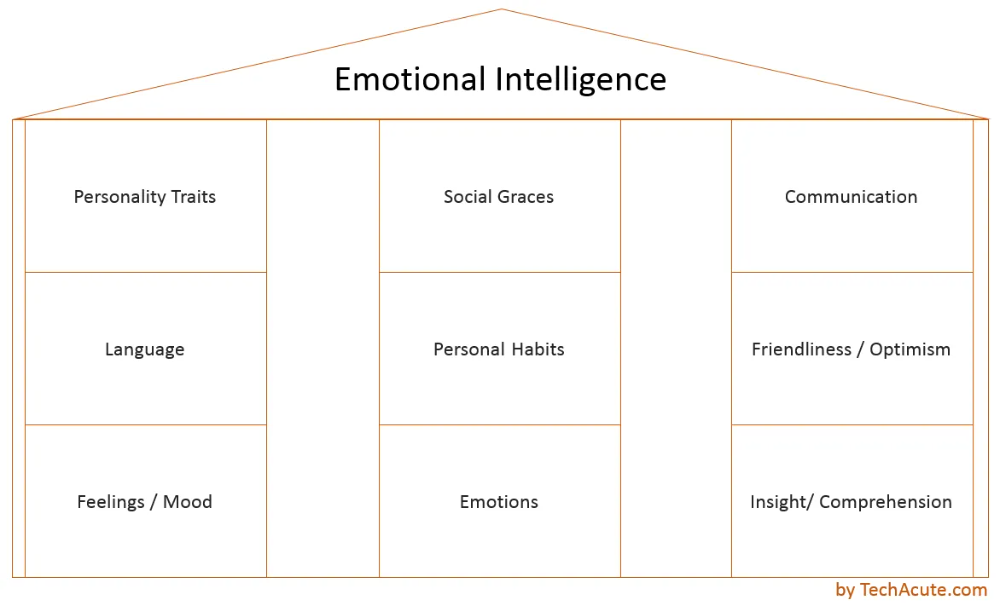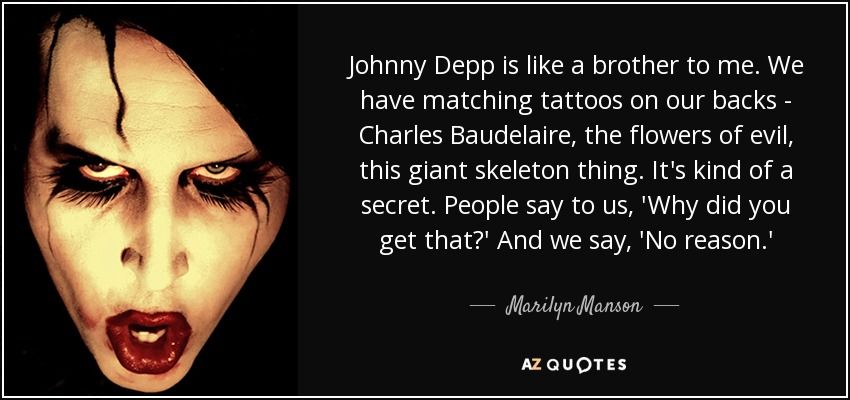Moving on from an abusive relationship
How to Heal After an Abusive Relationship: 7 Tips
Recovering from an abusive relationship is possible. Here are helpful steps on how to heal and prioritize your well-being in the process.
If you’ve recently left an abusive relationship, you’ve already taken one of the most important steps of the process — leaving.
Learning how to heal and take care of yourself after the breakup can help you navigate what comes next.
There are many types of abusive situations and relationships:
- emotional
- physical
- verbal
- sexual
- spiritual
- financial (e.g. limiting access to funds, controlling shared finances)
- reproductive coercion (e.g. breaking condoms, interfering with birth control access)
- digital (e.g. stalking, demanding passwords or access to your phone)
A range of intense emotions may pop up when recovering from an abusive relationship — all of which are valid.
Depending on the situation, you may experience some of the following thoughts or feelings:
- missing your ex
- feeling lonely or isolated
- debating going back to the relationship
- feeling uncertain or unable to make decisions by yourself
- feelings of anxiety or depression
- finding it difficult to feel independent
- a lingering fear or sense of being in danger
- symptoms of post-traumatic stress disorder (PTSD)
You may have positive feelings, too. “Sometimes a survivor can feel a sense of freedom, as if a weight has been lifted off of their shoulders,” says Melody Gross, domestic violence keynote speaker and founder of Courageous SHIFT.
“Some days, you might feel strong, happy, and confident in your decision. Other days you may be overwhelmed by sadness and anxiety and question everything,” adds Ebele Onyema, director of programs at One Love. “All of these feelings, from feeling free and empowered to feeling lonely and missing your ex, are completely normal.”
“When someone leaves an abusive relationship, healing isn’t necessarily the first thing that comes to mind. Survival does,” says Gross.
There’s no set time frame to healing, as each survivor’s experience is different.
“But what is there is possibility — the possibility to get to a place where you know, understand, and can respond appropriately to your triggers,” she adds.
The healing process isn’t linear, but there are ways to find relief and support along the way.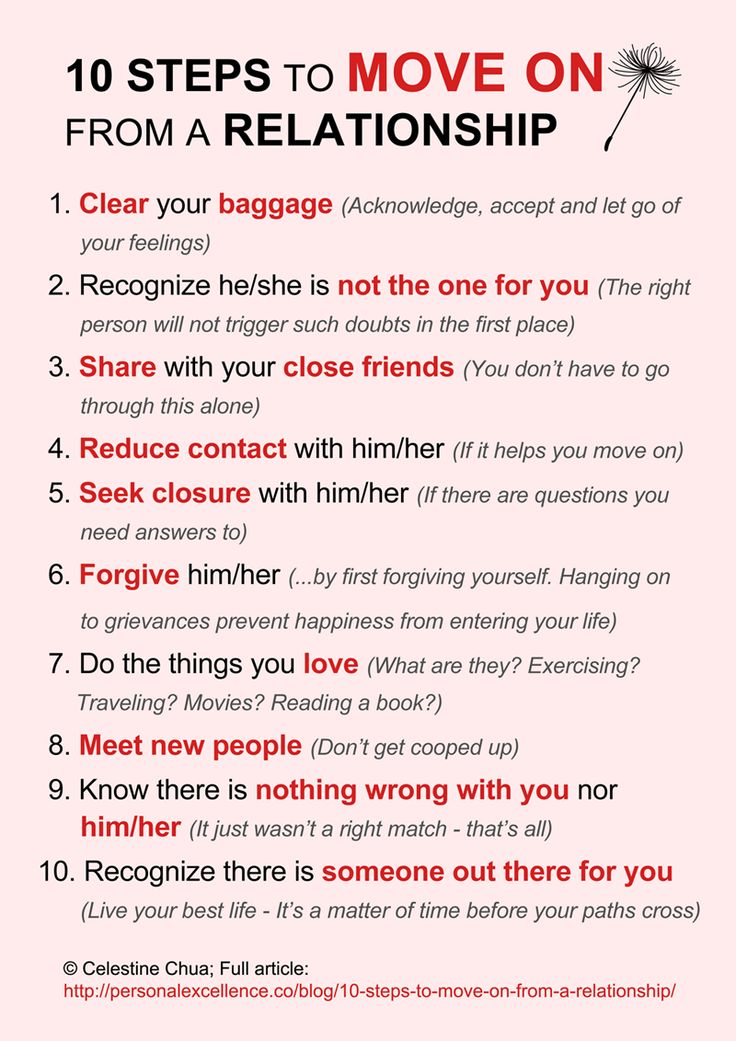
Create a safety plan (if you haven’t already)
Safety planning can give you a sense of control and protection, Gross explains: “You can add responses for different circumstances, such as seeing [your ex] in public or if they contact you on social media.”
“Make your safety and security the top priority post-breakup, so you can focus on yourself and your healing journey,” says Onyema.
Set boundaries
According to Onyema, setting boundaries after the relationship is just as important as during it.
“Make sure you and your ex are on the same page in terms of communication and behavior,” she says. “And, if you [aren’t] — and you very well may not be — remember that your needs and boundaries matter. Be clear in expressing them and confident that you have every right to need the time and space that you need.”
Also consider setting digital boundaries, like blocking your ex or taking a social media break.
“Knowing that your partner doesn’t have access to you on social media can provide the distance you might need to move through healing at your own pace,” she adds.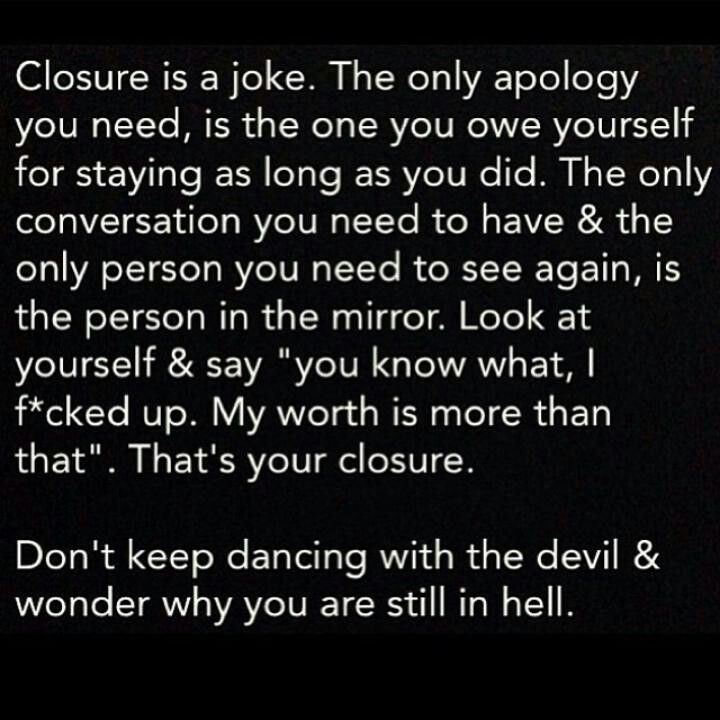
Prioritize self-care and self-love
“Self-care and self-love is vital because without them, survivors can find themselves in another abusive relationship,” says Gross.
Honor your thoughts and feelings as they come up. She suggests journaling as a great way to process your emotions. It can serve as a personal safe space and way to reflect on your growth as time passes.
Onyema also recommends picking up old hobbies and doing things you used to love.
“Use your newfound time to focus on things that build your confidence and help you regain emotional balance. You deserve it,” she says.
Repeat healing affirmations
Gross says to keep reminding yourself that the abuse was never your fault: “If you have to set an alarm on your phone or write it on a Post-It note, do it.”
“It can be hard not to look back on your past relationship with rose-colored glasses, or you may feel like you miss your ex-partner, but keep in mind that you’re strong, and you’ll get through it,” adds Onyema.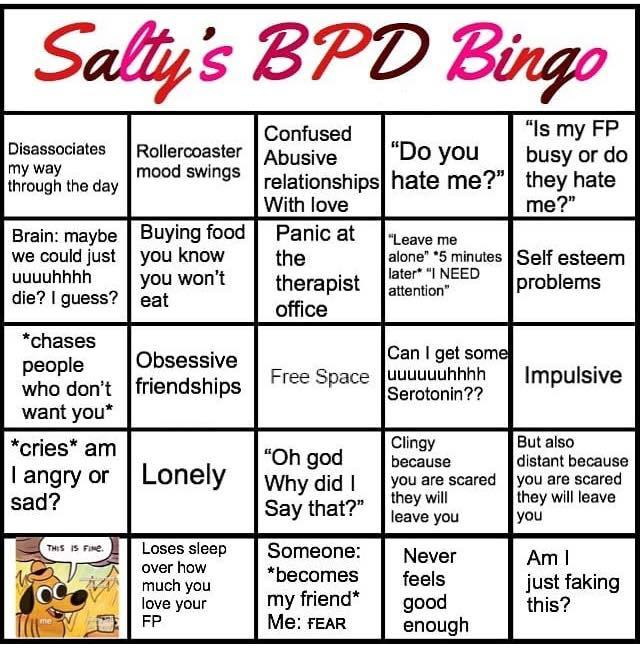 “Remember that everyone — including you — deserves a healthy relationship where they feel loved, respected, and valued.”
“Remember that everyone — including you — deserves a healthy relationship where they feel loved, respected, and valued.”
Educate yourself about abuse
No matter where you are in your journey, learning about abuse can prevent you from entering similar situations in the future.
Gross recommends learning about:
- signs of abuse
- why people fall in love with abusive partners
- reasons people stay in ‘unhealthy’ relationships
- potential barriers to leaving
- how abuse shows up in different areas of life
“When everyone has a better understanding and knowledge of how intimate partner violence works, then we can remove the stigma and get the support and services needed for survivors and perpetrators,” she says.
Build a strong support system
You don’t have to do this alone. Receiving support can help you feel stronger and more connected during the healing process.
“A great support system can include family, friends, a therapist, coach, personal trainer, [and] support group,” says Gross.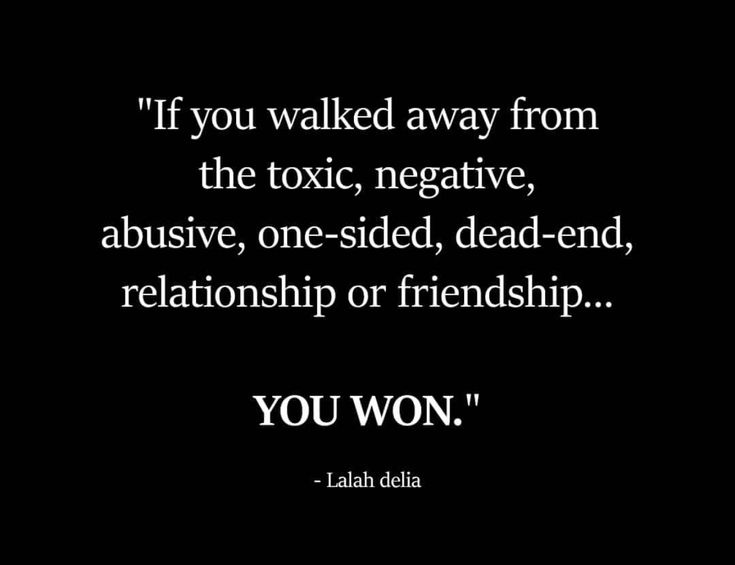
Oftentimes, Onyema says someone in an abusive relationship can be isolated from friends and family. “It’s good to reconnect with them. [They] can emotionally support you, build up your sense of self, and offer a counter to some of the doubts or negative thoughts we can have about ourselves after a breakup.”
Ask for help
Consider seeing a therapist or mental health professional. Therapy can teach you helpful skills for coping after an abusive relationship and offer further support during the recovery process.
Other support resources are available, including:
- domestic violence hotlines
- organizations like One Love
- events and programs for survivors
- connecting with other survivors through support groups
“Don’t let shame or embarrassment stop you from getting your needs met,” reminds Gross, who suggests tapping into every resource you can.
According to the Centers for Disease Control and Prevention (CDC), intimate partner violence affects millions of people in the United States each year. If you’ve recently been in an abusive relationship, you’re not alone and it’s not your fault.
If you’ve recently been in an abusive relationship, you’re not alone and it’s not your fault.
There’s no solid answer as to how long it takes to heal after any type of abusive relationship. But creating a safety plan, practicing self-love, seeing a therapist, setting boundaries, joining support groups, and seeking additional resources can bring you relief.
“Breakups aren’t easy. Be patient and kind to yourself, as there’s no ‘right way’ to heal,” Onyema says. Healing is possible, though, and you will feel stronger in time.
You’re a survivor, and help is readily available whenever you want or need it.
“You made the first brave step — you decided to leave,” she reminds. “And as you continue to center yourself, you’re healing in big and small ways every step of the way.”
Why am I struggling to move on after abuse?
Leaving an abusive relationship can be one of the hardest things a person does. But even after your ex is out of your life, sometimes the emotional and mental effects from experiencing abuse can linger on.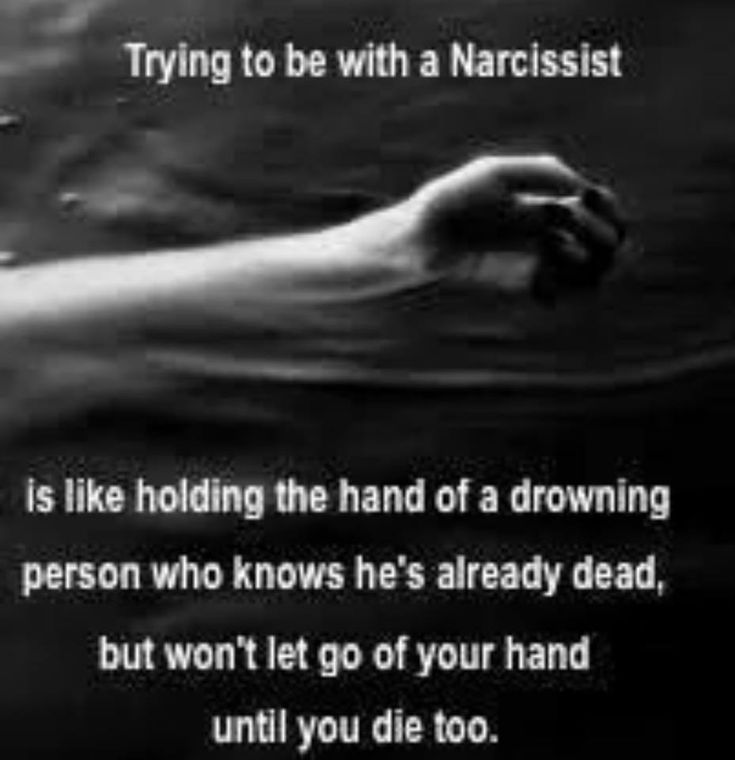 You may experience feelings of depression, guilt, anger, loss and even symptoms of posttraumatic stress disorder:
You may experience feelings of depression, guilt, anger, loss and even symptoms of posttraumatic stress disorder:
- Anxiety
- Trouble sleeping
- Being easily frightened or scared
- Avoiding of stressful triggers that remind you of abuse
- Difficulty maintaining relationships
- Feeling emotionally numb
There is no one way to feel or heal after you leave an abusive relationship.
It may be hard to stop thinking about your old relationship. You may still think about the little comments that your ex said to break you down, make you feel worthless or to make you think that you didn’t deserve better. (Your ex was wrong by the way). You may even think about the nice things that they said and the good times that you had with them.
Being in an abusive relationship, or leaving and getting back together more than once (which is very common) can hurt your self-esteem and make you doubt yourself. If you’re feeling bad, you may even question your decision to leave in the first place.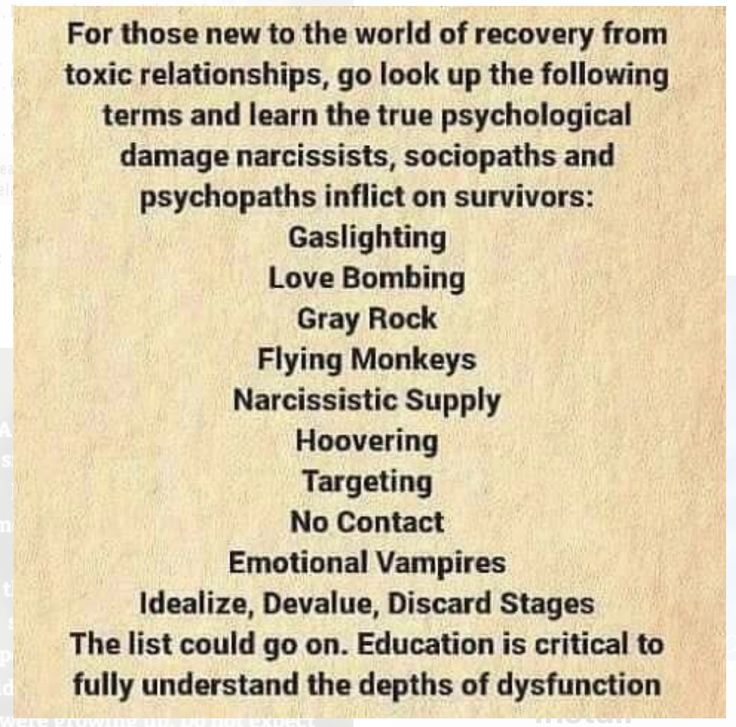 The important thing to remember is that you did leave and that took a lot of strength. Now it is time to channel your courage into healing and getting back to being a happy and healthy you.
The important thing to remember is that you did leave and that took a lot of strength. Now it is time to channel your courage into healing and getting back to being a happy and healthy you.
Here are some common steps to try:
- Re-establish your sense of safety.
-
This means feeling confident that your ex won’t harm you anymore (whether that’s by cutting off contact, getting a protective order or even moving) and beginning to find stability in everyday life. Stability looks different for different people. Sometimes it’s just getting back into your school routine again. If you’re older, it can mean finding a steady job and feeling financially secure.
- Give yourself some time to grieve.
-
It’s normal to feel sad or angry for a while. It’s important to let yourself experience those feelings and to let them out, rather than bottling them up.
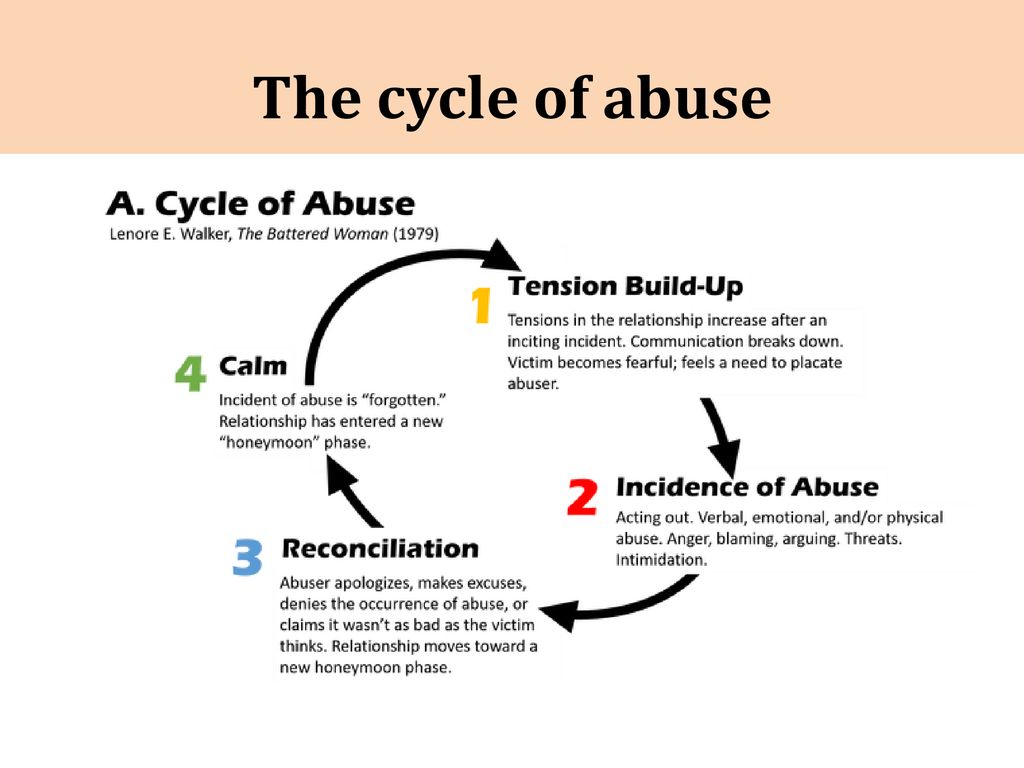 There are lots of healthy ways you can do this — journaling, writing poetry or songs, creating art, exercising or dancing. In addition to being expressive, all of these activities can slowly help to restore your sense of power over your own life. They can remind you of your strengths and the beautiful things you are capable of creating.
There are lots of healthy ways you can do this — journaling, writing poetry or songs, creating art, exercising or dancing. In addition to being expressive, all of these activities can slowly help to restore your sense of power over your own life. They can remind you of your strengths and the beautiful things you are capable of creating. - Reconnect with ordinary life.
-
It can be difficult to remember what life was like before an abusive relationship. You may feel emotionally closed off, and it can be hard to trust people again. Your ex-partner may have even physically isolated you from your friends and family, and you feel you have no one to turn to or that nobody could understand what you have been through.
There are always people to help. You are not alone!
You deserve to feel great!
Although it may difficult, this is the time that you need to focus on you and your own happiness. You never did anything to cause this and you deserve to be happy and feel safe.
You never did anything to cause this and you deserve to be happy and feel safe.
What you went through is not who you are.
Healing is a process and through it, you will remember how strong, capable and extraordinary you really are. You will have good and bad times, but every day free from abuse is another piece of yourself that you get back and, eventually, those pieces will come together.
20-year-old girls explained why they like mature men
Scientists from the University of Colorado tried to decipher the phenomenon of relationships between young girls and mature men - and found that such romances are involved not only in sex and money. To verify this, Gazeta.Ru talked to 20-year-old girls who met with accomplished people and talked about why today no one is embarrassed by “over 30”.
To denote the relationship between a young girl and an adult man, it is often customary to use the offensive English wording "sugar daddy", which is translated into Russian by the equally unpleasant word "daddy".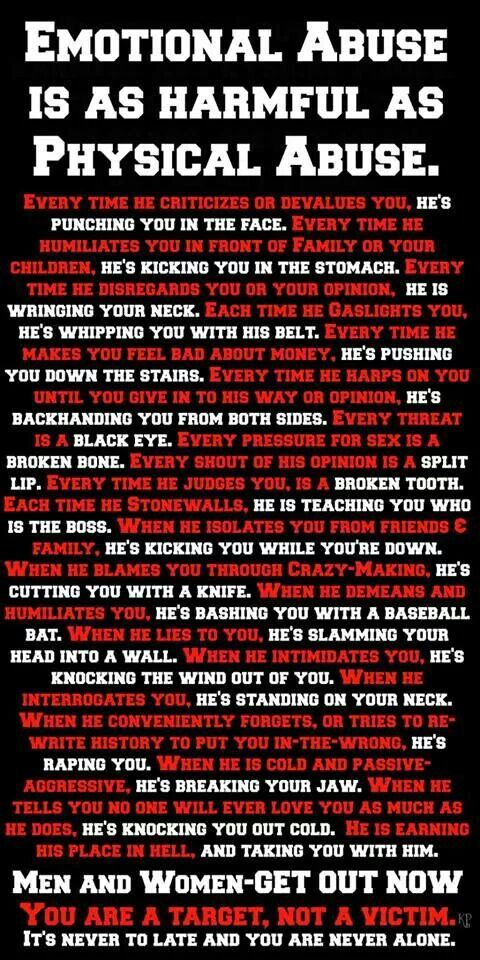 This type of relationship suggests that a woman depends on a man at least financially - it is also believed that a man raises his self-esteem by having an affair with a young pretty girl. nine0003
This type of relationship suggests that a woman depends on a man at least financially - it is also believed that a man raises his self-esteem by having an affair with a young pretty girl. nine0003
Researchers said this week that there's more to daddy relationships with young women than the simple exchange of money for sex. Maren Skull, an assistant professor of sociology at the University of Colorado, Denver, said that the few US scientists who have tried to find a scientific justification for this phenomenon "most often describe it as a type of prostitution." Her own analysis was carried out on the basis of 48 interviews with various respondents, and in the end it became clear that such relationships can be very diverse and often tied to various psychological and physical reasons. nine0003
The idea that girls who have just come of age actually trade sexual contact for goods and money is outdated by Skull.
To test the researcher's calculations, Gazeta.Ru discussed relationships with a noticeable age difference with young girls for whom the security of an older partner was not a key factor.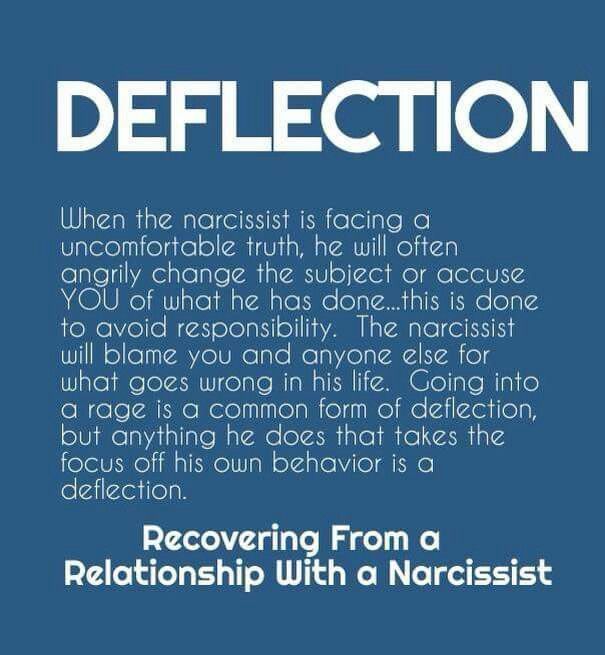 Muscovites in the age category under 25 talked about what attracts them to relationships with men over 30 and about how mature men are better than their peers. nine0003
Muscovites in the age category under 25 talked about what attracts them to relationships with men over 30 and about how mature men are better than their peers. nine0003
The interest of one of the interlocutors of the publication “in particular to men” is almost of a sporting nature. According to her, dating people 10-15 years older than you is a special skill: it’s easy to communicate with your peers because you think the same way, but it’s quite another thing to “get the attention of an older person who knows more than you, interest him and support him. the level of communication is at its bar.”
Another 22-year-old Muscovite is dating a 31-year-old man and says that she always had a goal of dating someone more experienced, because they "are not old yet, but they already know something." And peers at the university and at various events after that do not attract the girl at all. nine0003
Muscovite Anait is 24 years old, and her boyfriend Tigran is 30. She says that her previous boyfriend was two years older than her, and there is a difference.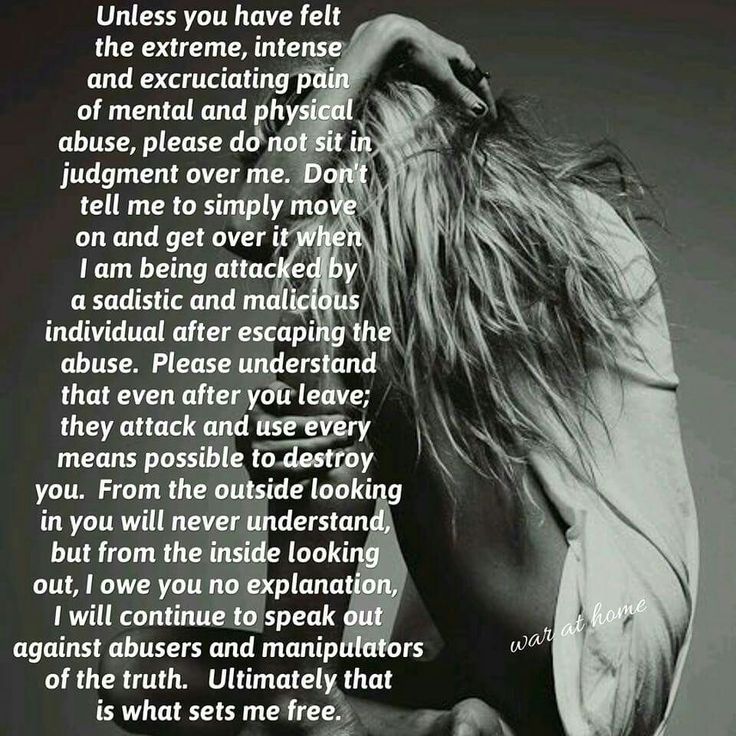 “Next to Tigran, I feel much safer, there are global topics for communication. Since we are Armenians, we don’t have a sexual life before marriage, so I can’t share anything here yet, but I think that there are no reasons for concern.”
“Next to Tigran, I feel much safer, there are global topics for communication. Since we are Armenians, we don’t have a sexual life before marriage, so I can’t share anything here yet, but I think that there are no reasons for concern.”
Anahit notes that her lover had no problems communicating with her parents because of a small age difference. “He is 15 years younger than his mother, and 18 years younger than his father. Therefore, he calmly communicates with them on“ you ”, addresses them by name and they consider him not a child, but equal to themselves,” the girl noted. She also stressed that the man was the first to whom she wanted to "obey, trust his views, life experience and so on." According to Anahit, the only disadvantage in more serious communication with an adult man is his elderly mother and father: "old school". nine0003
Everyone interviewed by Gazeta.Ru noted the broader horizons and determination of mature lovers and made unflattering comparisons with young people under 30 who "do not know what they want.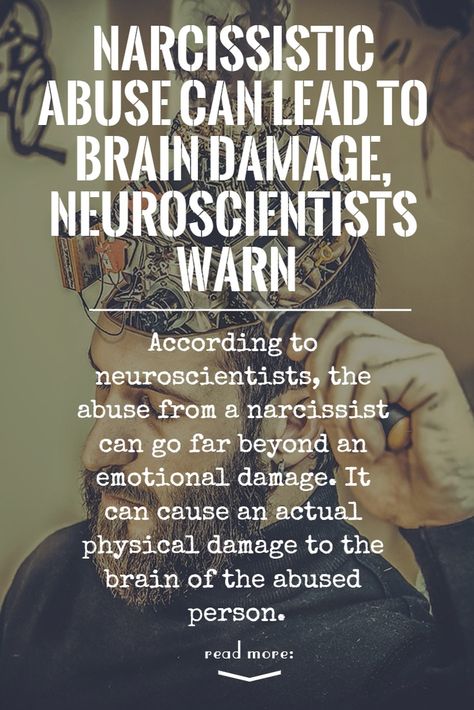 " It is significant that all the interlocutors of Gazeta.Ru resorted to the last wording.
" It is significant that all the interlocutors of Gazeta.Ru resorted to the last wording.
The story of 22-year-old Kristine's parents, who also had a big age difference with her lover, gives a slightly different view on the topic, although the girl herself considers the beginning of a relationship a little “mercantile”. “My mother was 16, he was in his 30s. My mother said that she came out from somewhere, and he was standing in a tracksuit next to a sports car, and this attracted her attention.” Today, the girl is firmly convinced that her father performed a parental function for her mother: “After 23 years and after 10 years of their life together, I can say that it was he who raised her.” nine0003
“The manner of communication, behavior, statements, attitude towards oneself and other people are absolutely identical, they almost call people names with the same words,” Kristine explained and added that her mother still denies this.
For 21-year-old Arina, a man who is over 30 is, first of all, a person whose life experience allows him not to say “obvious things” aloud, because he, guided by his knowledge, can draw correct conclusions .
In general, young women who have had experience of relationships with mature men agree that such a romance is a valuable and pleasant life experience that helps to develop, on the one hand, and relieve themselves of responsibility for their lives, on the other . nine0003
“I was in a relationship with a 34-year-old man, and it was probably one of the most pleasant experiences in my life, because with no one else did I manage to feel like such a little princess, whose problems automatically fall on the shoulders of a strong person."
The girl emphasized that the sense of security that the companion provided made it possible to understand that he was not going to assert himself at her expense, as was the case in previous and subsequent relationships. However, complexes and unresolved psychological problems do not have an expiration date, so she was probably just lucky. nine0003
Another girl, Alexandra, admitted that this experience was a new starting point for her.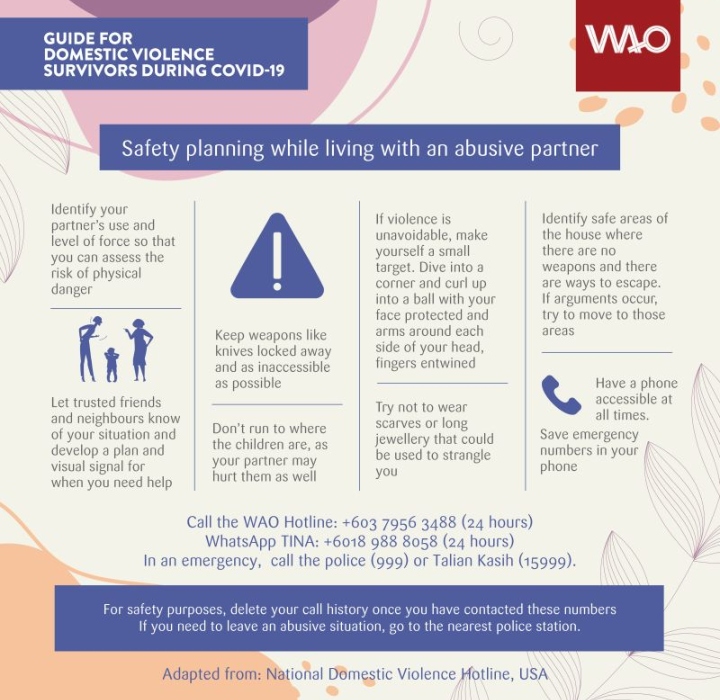 “You finally see how your relationships with men should be arranged, and this is not that eternal nightmare when you both do not understand what is happening,” she said.
“You finally see how your relationships with men should be arranged, and this is not that eternal nightmare when you both do not understand what is happening,” she said.
In conclusion, the girl said that these healthy relationships increase self-esteem, which in turn allows you to move on with a completely different attitude towards love and life in general.
Today, many representatives of generation Z quite calmly choose people at least 10 years older, and here you can argue that most of them grew up with parents who survived a divorce - and they lack the father figure. But one fact is indisputable - when the door is opened to you, not because you cannot do it yourself, but purely out of habit, it is easy to get used to this, like any good thing. From all of the above, the conclusion follows that if a girl is not embarrassed by a small amount of gray hair, then the position of young competitors, whose emotional solvency and financial capabilities can be called into question, is, to put it mildly, unenviable.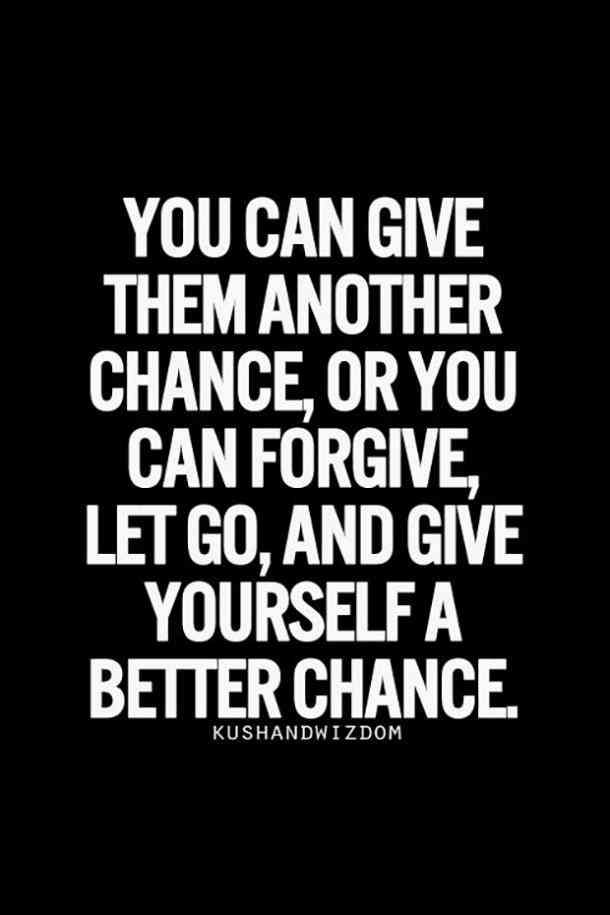 nine0003
nine0003
How to deal with toxic people
June 18, 2021 Relationship
Don't make abusive behavior the norm and stop looking for excuses.
You can also listen to this article. If it's more convenient for you, turn on the podcast:
How to understand that a toxic person is nearby
You wake up in the morning and finally realize that you are stuck in a problem relationship. You are offended and confused.
A parent, brother or colleague, friend, spouse or even lover can hurt you. It doesn't matter if they manipulate you, intimidate you, or try to blame you for their problems. You do not know how to behave in this situation. nine0003
A few examples of such relationships:
- Your girlfriend is constantly sarcastic, and lately her barbs have become very cruel.
- Your colleague not only rejects all your suggestions and ideas, but also actively belittles you in front of those who listen to you.
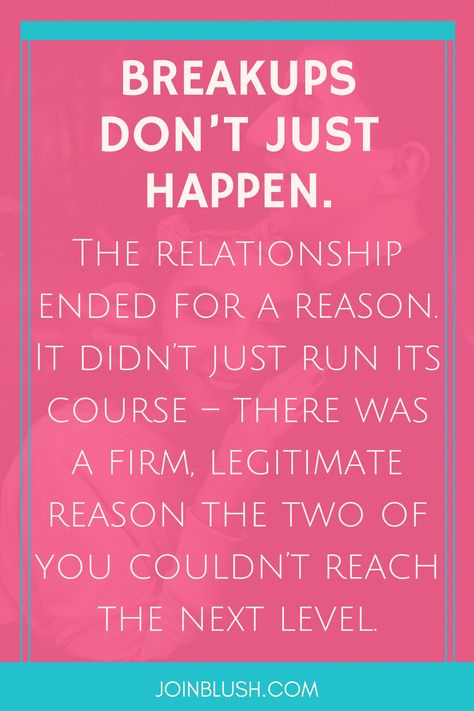
- Your spouse says cruel things to you, and when you object, he says that you are too sensitive, or refuses to talk about it at all.
- Parents underestimate your achievements, no matter what you do. nine0061
Not everyone stays in this relationship. At least for a long time. Some people immediately identify toxic people and know how to deal with them. Often these are self-confident people who strive for trusting relationships and do not allow themselves to be offended.
The situation is reversed for people with low self-esteem who prefer a dependent position. They don't know what a healthy relationship looks like and are more likely to end up with a toxic person.
Xavier Sotomayor / UnsplashHow to behave
1. Recognize the traits in yourself that make you easy prey
This does not mean that you should take responsibility or blame yourself for someone doing bad things to you. Calmly think about communicating with this person.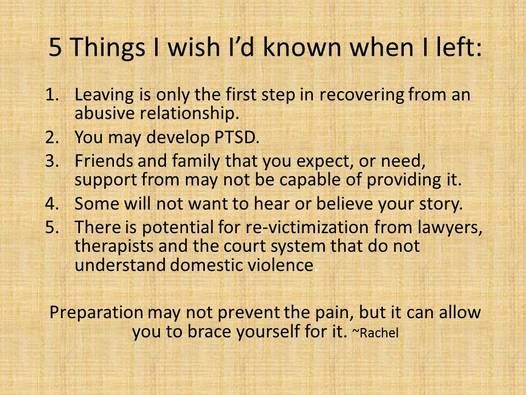 Focus on why you felt something, not what exactly you felt. So you can see the pattern by which communication that is unpleasant for you occurs. For example, insecure daughters of domineering mothers may confuse someone else's desire for control with strength and tenacity and become influenced by someone toxic. nine0003
Focus on why you felt something, not what exactly you felt. So you can see the pattern by which communication that is unpleasant for you occurs. For example, insecure daughters of domineering mothers may confuse someone else's desire for control with strength and tenacity and become influenced by someone toxic. nine0003
2. Think about your reaction
Assess your reaction to an unpleasant conversation. The offending person may take a lukewarm reaction to their behavior as permission and continue to behave in the same way. By your reaction, you can strengthen or weaken the aggression directed at you.
Work on managing your emotions. Find the point between overreacting and underreacting, and set up a template for yourself on how to deal with those relationships.
Act according to the “if-then” principle. nine0003
Replay in your head the most likely conflict situations and your behavior. For example: "If she says something rude to me, then I will ask her why she insults me. " It is very important to learn to defend your feelings.
" It is very important to learn to defend your feelings.
3. Stop making excuses
One of the reasons people stay in hurtful relationships is a lack of self-confidence. If you are justifying toxic behavior (“He didn’t mean it, he didn’t mean it”) or blaming it on ignorance (“She didn’t realize she was being rude”), then it’s time to stop and understand why you are doing it. If you find yourself behaving in this way, stop. nine0003
4. Don't be afraid of irretrievable losses
Josh Felise / UnsplashPeople avoid losses at all costs. They prefer to hold on to what they have now, even if it turns out to be useless in the future.
Our habit of focusing on how much energy, emotion, time or money we have invested in something keeps us in place.
Whatever that investment is, you can't get it back. Years invested in a dead-end job or relationship, money spent on a broken car or on speculation, cannot be returned. It is pointless. As well as relationships with toxic people. nine0003
As well as relationships with toxic people. nine0003
If you often think about how much you have invested and sacrificed for a toxic person, think about what your life will be like in a year or five years if you end the relationship. If the connection is not broken, then the following years will become just another sacrifice made by you to a person who will not appreciate it.
5. Recognize the Power of Variable Approval
By nature, we tend to be optimistic and more passionate when we don't always get what we want. This can fuel our cravings for toxic people. nine0003
Burrhus Frederic Skinner ( ), American behavioral psychologist, conducted an experiment with three hungry rats in separate cages. Each of them had a lever that the animal could press and get food.
Food always appeared in the first cage after pressing the lever. The rat understood this and calmly went about her business. In the second cage, the lever never delivered food - the rat had learned its lesson and lost interest in it.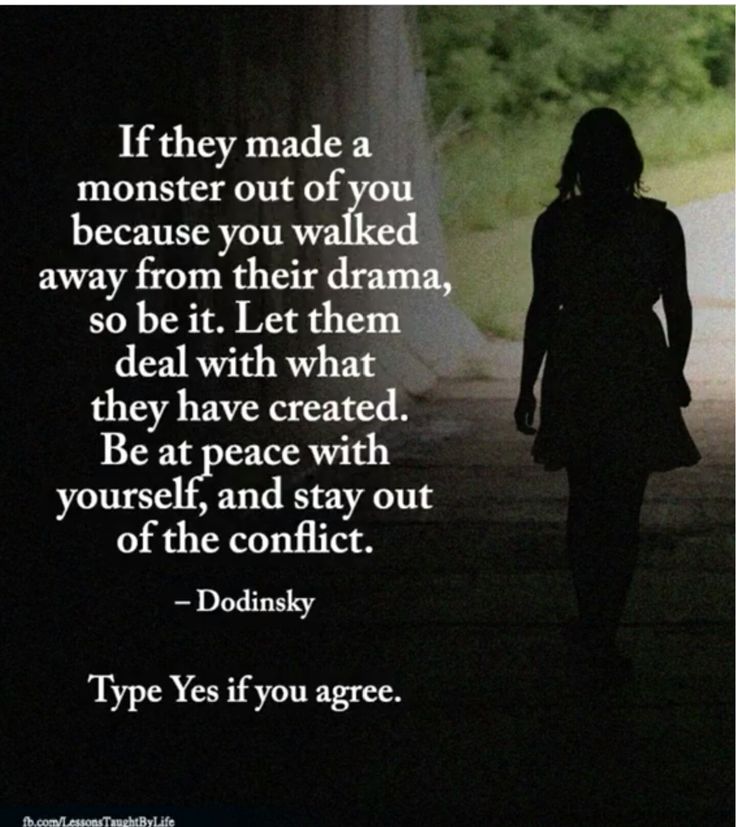 In the third cage, the lever worked randomly and became the rat's obsession. She pressed him constantly. This is variable approval. nine0003
In the third cage, the lever worked randomly and became the rat's obsession. She pressed him constantly. This is variable approval. nine0003
This principle also works in human relationships. When a toxic person does something good, your heart thumps with joy, optimism reaches a ceiling, and you think the situation is getting better. It locks you inside for a long time, like a rat in a cage with a lever.
6. Defend the borders or plan a retreat
Bethany Legg / UnsplashIf contact with a toxic person is unavoidable, set up barriers and the type of behavior you would like to see.
You don't have to be rude or judgmental if someone violates your boundaries. It is important to be direct and decisive. nine0003
If this happens at work, make it official and put it on paper. Tell a colleague, for example: “You can criticize me, but I would prefer that you not get personal. My appearance has nothing to do with work."
If you can avoid associating with someone toxic, do it.